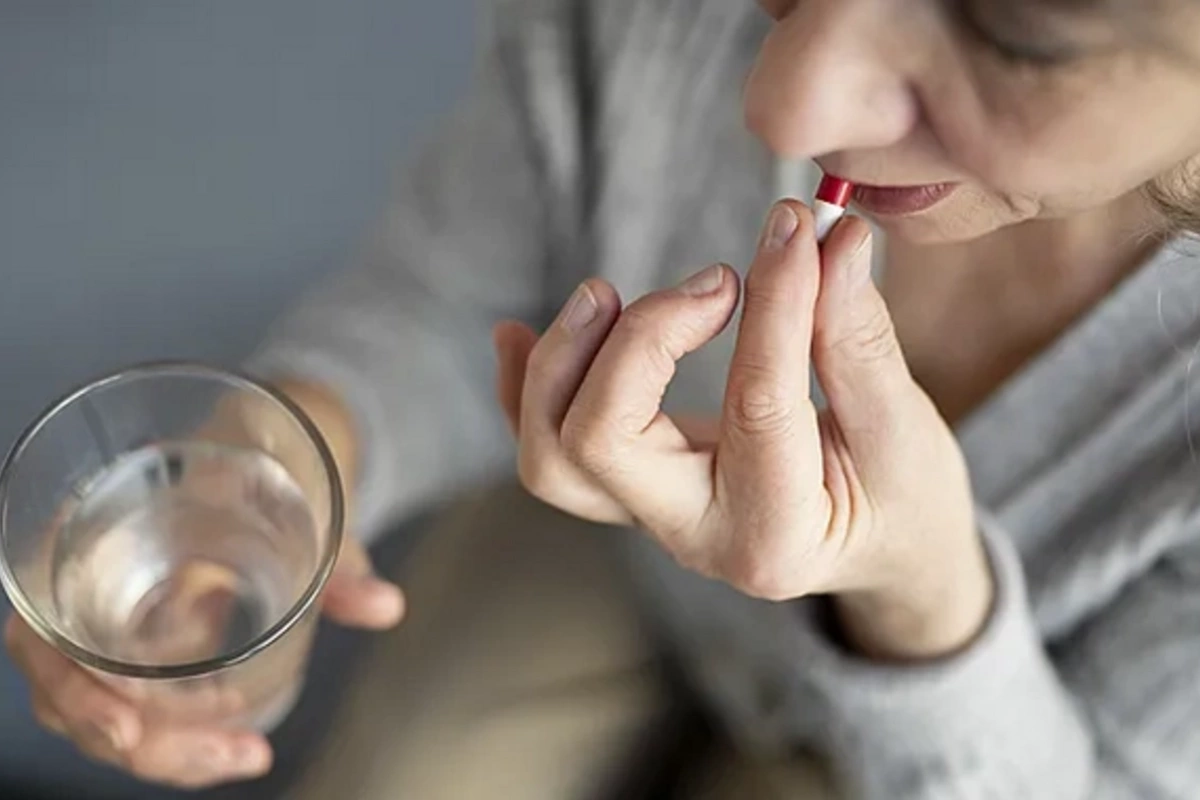14 Nov , 11:28 2025
18

New Study: Gout Medication May Significantly Reduce the Risk of Recurrent Cardiovascular Events
As reported by TUT.AZ with reference to foreign media, a large-scale Cochrane review has revealed promising results for the use of colchicine in patients with cardiovascular diseases. Scientists analyzed 12 randomized controlled trials covering nearly 23,000 people who had previously experienced a heart attack or stroke. Participants took colchicine for at least six months, predominantly at a dosage of 0.5 mg once or twice daily. The majority of subjects (about 80%) were men aged 57 to 74 years. The study compared two equal groups: one received colchicine, the other – placebo or standard treatment.
The results were impressive: patients taking low doses of colchicine experienced significantly fewer recurrent heart attacks and strokes. For every thousand patients, 9 heart attacks and 8 strokes were prevented compared to the control group. Importantly, scientists did not detect serious side effects, although minor temporary gastrointestinal disorders were more common in the colchicine group.
"Among 200 patients with cardiovascular disease, who would typically experience about seven heart attacks and four strokes, the use of low-dose colchicine could prevent approximately two cases of each," emphasized Dr. Ramin Ebrahimi, co-chair of the author group from the University of Medicine Greifswald.
The mechanism of action of colchicine is related to its anti-inflammatory properties. Since cardiovascular diseases are often accompanied by chronic inflammation, which increases the risk of heart attack and stroke, colchicine's ability to reduce inflammatory processes makes it a promising treatment for such patients.
However, researchers note that unresolved questions remain. In particular, the effect of colchicine on overall mortality or reducing the need for procedures such as coronary revascularization has not been proven. There is also no confirmation of improved quality of life for patients or reduced hospitalization periods when using the medication. Scientists emphasize the need for additional research to obtain a more complete picture.